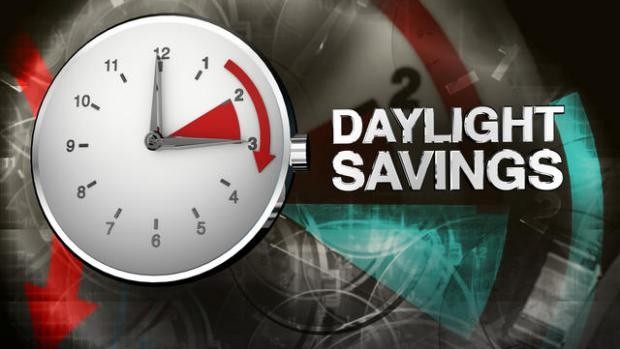Despite warnings from law enforcement that criminals hate daylight savings time (DST) because they are more likely to be seen by witnesses and police, Assembly Bill 385 cleared the Senate Appropriations Committee and is headed for confirmation, to be placed on the state ballot in 2018.
California voters 67 years ago passed a Daylight Savings Time (DST) initiative that proponents claimed would save energy and lessen crime. Since the post-WW II era, most Americans have owned a television, and now, computers and other electrical devices, but criminals still hate DST.
Assemblyman Kansen Chu (D-San Jose) read a report that suggested a higher risk of heart attacks, greater number of car crashes and workplace accidents, and only limited energy savings. But Chu told The Sacramento Bee that the biggest reason he wants to eliminate daylight savings time is that seniors’ caregivers complain that “this one-hour difference really impacted their lives.”
The bill now moves to the Senate floor and will have to be reconciled with similar legislation on the Assembly side, called AB 385. Eventually, Gov. Jerry Brown will likely sign the bill and let the public decide the issue.
Neither Hawaii nor Arizona observes Daylight Saving Time. Hawaii has a huge tourist trade that benefits from not being four hours behind the West Coast, while Arizona has a high heat issue in the summer that could be magnified by DST.
Sensible Germans first implemented daylight savings time in 1916 in hopes of saving energy in World War I. The U.S. followed in 1918 during war-time coal rationing, despite opposition from farmers, who must get up with the sun and their animals, actively opposing DST as disruptive.
After the war, most states approved DST because the retail industry and consumers were big supporters of advancing “the standard time by one hour during the period commencing at 2 a.m. on the second Sunday of March of each year and ending at 2 a.m. on the first Sunday of November of each year.”
President Jimmy Carter led his Democrat allies in a 1971 emergency act that suspended daylight savings time for a year in the hope of reducing electrical demand from residential air-conditioning use. The move was very unpopular, did not save energy, and caused a huge increase in evening predator attacks on children playing in the dark.
Law enforcement has not visibly opposed the legislation yet, but they point to a University of Virginia’s (UVA) Frank Batten School of Leadership and Public Policy report that credits it with reducing “robbery by 51 percent, murder by 43 percent and rape by 56 percent during the ‘extra’ hour of evening daylight.”
UVA also found that offenders do not simply “reallocate” crime to a later part of the day, as overall daily crime totals in the three weeks following DST also fell significantly.
Based on four years of 2008 through 2012 data from the National Incident-Based Reporting System, researchers found that crime rates during the three weeks before and after spring DST took effect found a “deterrent effect more than incapacitation.”
In layman’s terms, that means criminals respond to the fact that better lighting increases the likelihood of being seen by witnesses or police, which discourages criminal activity. The report stated that northern U.S. cities, like Chicago, would actually benefit from having even later sunsets.
The researchers estimated that during the period under review, daylight savings time resulted in more than $550 million in avoided social costs of crime per year.
The United Kingdom has actually experimented for decades with “Double Summer Time” — a two-hour daylight savings from spring to fall. UK law enforcement agencies supported creating an extra hour of evening light to help people get home during daylight; British thieves also tend to do their dirty work under the cover of darkness.

COMMENTS
Please let us know if you're having issues with commenting.